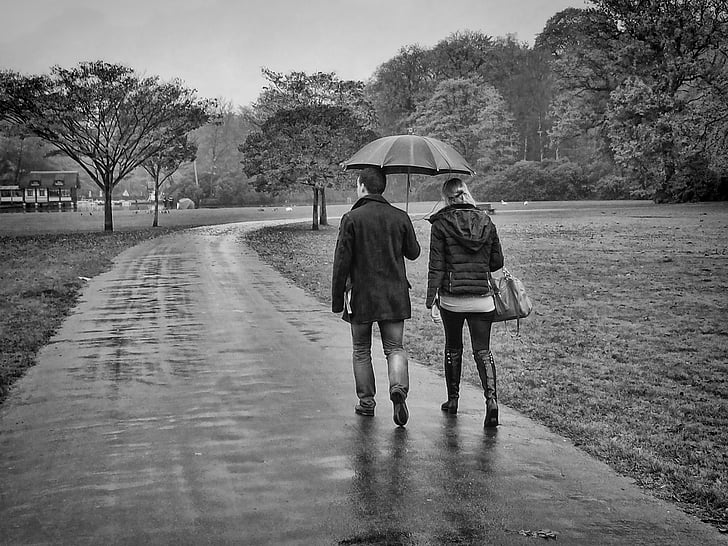Suitable for intermediate CEFR B1+
#EnglishGrammar #FirstConditional #If
The first conditional is used to talk about real possibilities or things that are likely to happen in the future if a condition is met.
Make sentences in the first conditional by using an if clause with present simple and future simple. For example
| If | present simple | , | future simple |
| If | we forget our homework it rains I go to London | , | our teacher will be angry. we will get wet. I will visit Big Ben |
Now let's try using first conditional with some negatives
| If | present simple | , | future simple |
| If | I don't finish the exam he can't afford a holiday She doesn't study | , | I will get a low score. he will stay at home for the summer. she won't pass the test. |
In the last example, you can use the negative won't or you could choose to use the positive with the verb fail. So your sentence would be If she doesn't study, she will fail the test. These are two different ways of saying the same thing. This choice gives you freedom of expression and makes English a very interesting language to learn.
Now let's try some question forms
| If | present simple | , | future simple |
| If | it rains he can't afford a holiday you go to London she doesn't study | , | will you still go to the park? will he stay at home for the summer? will you visit Big Ben? will she fail the exam? |
To make a question the pronoun changes places with will in the future simple clause and a question mark is added.

Inversion
Finally, sentences in first conditional can be inverted, so we can change the order of the clauses. For example
If it rains, we will get wet can change to we will get wet if it rains and if it rains, will you still go to the park? can change to will you still go to the park if it rains?
Activity
Can you invert all the other sentences from the tables? Write your answers in the comments!


No comments:
Post a Comment